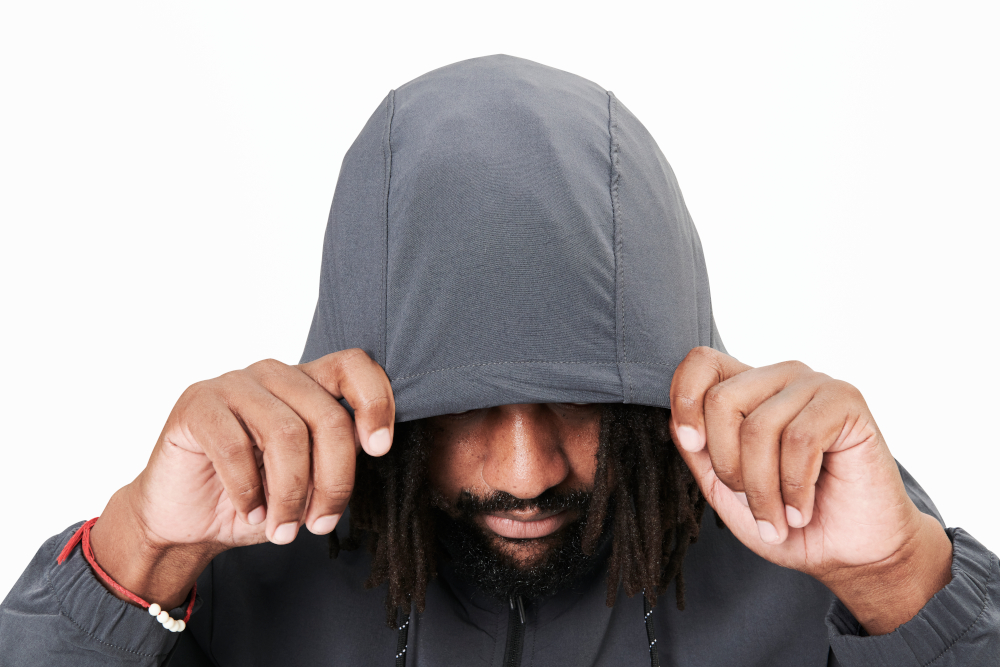
Selling Identity in the Age of Instagram
There was a time when baby names were passed down through generations like family recipes, part tradition, part nostalgia, part whispered hope. Now, they’re being trademarked before the child even arrives. In an era where clout has a currency and followers have weight, the business of baby naming has spun into something stranger, shinier, and more calculated than anyone could’ve imagined. What once was a private act of affection between parents has become a branding exercise for the whole world to see.
Scroll through Instagram on any given day and you’ll find a curated slideshow of ultrasound images, flat-lay baby clothes, and name reveals done with more suspense than a Netflix series. The baby’s name isn’t just an identity, it’s a mood board, an aesthetic, a hashtag. Parents aren’t just choosing names, they’re launching brands. And in the background, an entire ecosystem is quietly cashing in.
Name consultants, yes, those exist now, charge up to R10,000 to help parents find a moniker that’s “unique but memorable,” “on-trend but timeless,” “culturally rich but globally palatable.” For the influencer class, there’s a pressure to land on something that sounds like a future skincare line or indie band, preferably ending in a soft vowel or featuring a silent letter. Think “Lyra,” “Onyx,” “Kaï.” If the domain isn’t available, it’s back to the drawing board.
And then there’s the black market of names, where social handles and domain names are bought, sold, and hoarded like real estate. A pregnant YouTuber in California reportedly paid $5,000 for the @lumibelle handle on Instagram, believing it was the only name that fit her “future mommy mogul” vibe. Closer to home, South African digital forums quietly buzz with prospective parents asking, “Has anyone secured @zanelemoon? What’s it worth to you?”
 It sounds absurd until you realise that names are now digital real estate. And like any hot commodity, there are gatekeepers, speculators, and early adopters. Some social media users have even made a side hustle of registering cute, trendy baby handles and waiting for desperate parents to come knocking with offers. A name isn’t just a word anymore, it’s a stake in the influencer economy, a placeholder for a future personality, a shot at virality before the kid can even speak.
It sounds absurd until you realise that names are now digital real estate. And like any hot commodity, there are gatekeepers, speculators, and early adopters. Some social media users have even made a side hustle of registering cute, trendy baby handles and waiting for desperate parents to come knocking with offers. A name isn’t just a word anymore, it’s a stake in the influencer economy, a placeholder for a future personality, a shot at virality before the kid can even speak.
But what happens to the baby in all this? What happens when identity is shaped by SEO more than sentiment?
Some argue that the hustle dehumanises the process, turning children into assets. Others say it’s just the evolution of modern parenting, where building a future includes building a brand. One Cape Town-based social strategist puts it bluntly, “If you’re going to raise your kid online, you may as well give them a head start.”
Of course, not every parent is chasing clicks. For every LumiBelle and KaïLux, there’s a Thandiwe, a Musa, a Nia, names rich with meaning, anchored in heritage, chosen quietly and with love. But even those names are now swept up in the algorithmic tide. Once posted, once hashtagged, they become part of a global naming game, endlessly categorised, ranked, and repurposed. It’s easy to scoff at the absurdity of it all, until you realise that identity, like everything else online, has been monetised. And in a world where names come with followers, the line between parenting and personal branding gets harder to see.
There’s a strange poetry to it, though. In trying to give their children something unique, something that sets them apart, parents are also giving them something to live up to. Or maybe something to rebel against. Years from now, when the kid who was once #ZionReignOfficial starts a band or applies for university or simply wants to disappear into anonymity, the footprint will already be there, chronicled, hashtagged, bought and paid for.
Because in the age of Instagram, even a name isn’t just a name anymore. It’s a hustle.




